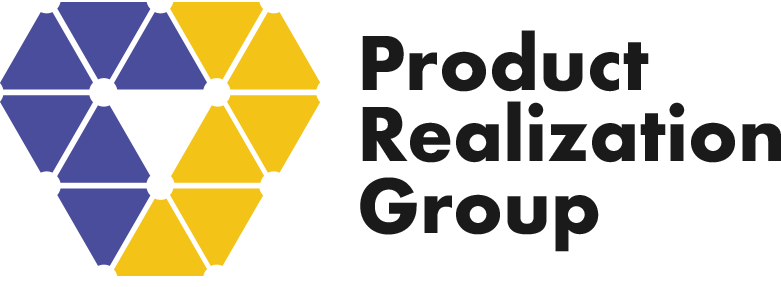

Michael Keer
Founder and Managing Partner at Product Realization Group
Introduction
In today’s fiercely competitive and rapidly evolving business landscape, large companies, especially those developing hardware-based products, struggle with more complex operational frameworks and product development cycles. A well executed NPDI assessment, as exemplified by our engagement with a large company we will call “MegaTech,” serves as an example of how to enable effective processes and digital transformation. This comprehensive assessment revealed systemic inefficiencies, misallocation of resources, and unexploited opportunities. By diving deep into the organizational structure, product lifecycles, and digital frameworks, these assessments pave the way for dramatic organizational and operational improvements, enabling companies to optimize their operations, lower costs, and accelerate time-to-market.
Assessment Process
To support MegaTech’s assessment, PRG leveraged a team of seasoned consultants with over 100 years of NPDI experience, a time-tested evaluation process along with leveraging a suite of proprietary evaluation tools. The building blocks for the assessment encompassed the following elements:
- Interviews with key NPDI stakeholders
- Benchmarking against industry standards and best practices
- Identification of gaps and opportunities
- Comprehensive product data and process mapping
- Preliminary phased transformation plan (with budget and timeline)
To support this effort, both senior management and working level support from MegaTech were instrumental in supporting this project.
Insights from the Assessment Findings
The assessment uncovered a broad spectrum of issues, from common ones like a lack of system integration leading to silos of data isolation, to more complex challenges like multiple engineering divisions employing different PLM systems with their own part number systems.
Culturally, the receptiveness to support process and digital transformation ranged widely among different development groups, some were eager to get moving as soon as possible and others were highly resistant. Notably, we observed products being released into production while still in the development phase and prior to formal validation testing. This rushed handoff led to prolonged sustaining engineering support in production (ranging from 1 to 1.5 years), very low initial yields, and significant materials risk due to engineering bypassing Operations and communicating directly to the Contract Manufacturers.
In addition, MegaTech’s rapid growth through acquisitions, without a strategic integration plan, exacerbated the operational inefficiencies, contributing to several million dollars in excess materials, higher overhead costs and lower product margins.
Identification of Key Gaps
After a comprehensive set of interviews along with process documentation reviews, we identified the following critical gaps:
- Undefined roles, responsibilities, and deliverables
- Disparate systems (eCAD, mCAD, PLM) across divisions
- Minimal system integrations and over reliance on “tribal” knowledge
- Manual entry of data and inadequate data accessibility
- Divergent part numbering schemes and change management processes
- No single source of truth for product information
Preliminary Recommendations
To help bring MegaTech’s business up to industry best practices and facilitate an effective NPDI transformation, we advised them to prioritize their focus on implementation of the following key activities:
- Creating and standardize the PLC / NPDI Process across all departments
- Consolidating multiple part numbering schemes into a single scheme
- Migrating multiple PLM systems into a single unified system
- Implementing validation testing protocols (EVT/DVT/PVT) prior to production transition
- Establishing a robust Change Management and control process
- Conduct ongoing workshops and training sessions to keep teams aligned to new processes and system transformation
Additional improvement phases, like system integrations and Quality Management System additions, would be progressively introduced over time.
Key Insights
While MegaTech circumstances may have been unique, based upon multiple other client engagements, we’ve found the following insights may be applied more broadly.
- Rapid growth through acquisitions, without structured integration, substantially increases business complexity over time.
- The absence of formalized processes and unified systems significantly impacts performance and effectiveness as companies scale.
- Premature product releases to production adversely affect development teams, product quality, and escalate costs.
Conclusion
The revelations from MegaTech’s NPDI Assessment underscore the critical nature of formalizing and evolving strong processes early in a company’s lifecycle in order to navigate the complexities inherent in large-scale hardware enterprises. Implementing robust, unified systems and processes from inception is vital in mitigating risks, optimizing supply chains, and ensuring sustainable growth in the innovative high technology industry landscape. By doing so, large companies can streamline operations, reduce costs, and sustain a long-term competitive advantage as they bring new innovative products to market.


